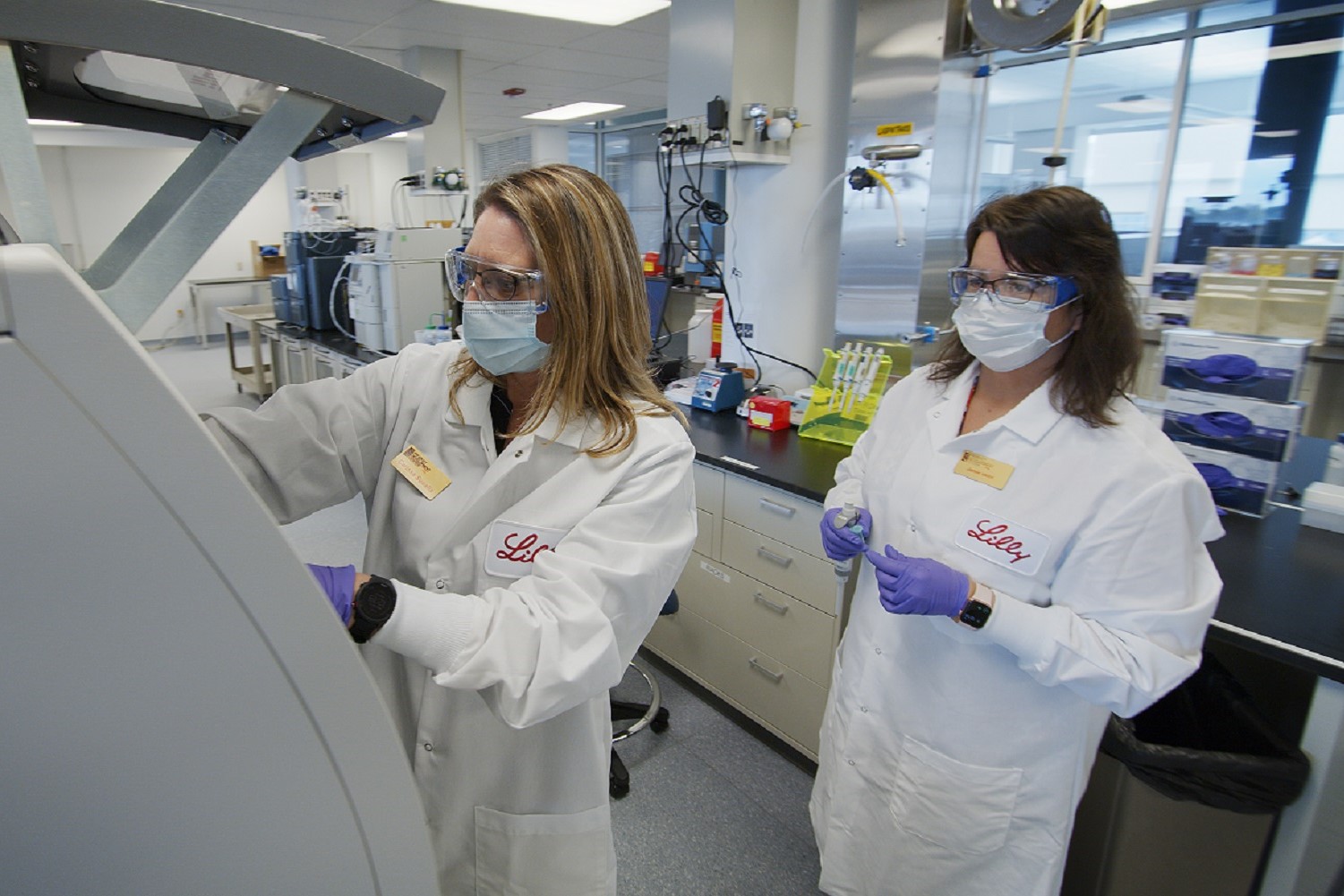When Rudy Giuliani and Joe Torre criticized the new guidelines for prostate screening that recommended against routine screening for healthy men, it was a big story.
Not only did the guidelines overturn years of proactive, preventive care advice, but here were a couple of celebrities who battled prostate cancer successfully because it was caught in time.
These men are both high-profile prostate cancer survivors and claimed the prostate-specific antigen (PSA) test “saved their lives,” and that moving away from routine screening would risk lives. Physicians working to educate the public about the science behind the new recommendations struggled to convey their message in the face of these emotional appeals, particularly because it has been so ingrained over the years by an effective public awareness campaign.

With the Rise of AI, What IP Disputes in Healthcare Are Likely to Emerge?
Munck Wilson Mandala Partner Greg Howison shared his perspective on some of the legal ramifications around AI, IP, connected devices and the data they generate, in response to emailed questions.
Two Perelman School of Medicine professors at the University of Pennsylvania in Philadelphia, in an article in JAMA, argue that it is not enough for physicians to spout facts as a reason to change behavior — they need a compelling explanation to accompany them. Dr. Zachary Meisel, an assistant professor of emergency medicine, and Jason Karlawish, a professor of medicine and medical ethics, are both senior fellows in the Leonard Davis Institute of Health Economics.
“As physicians, we use narratives all the time to communicate information so our patients can make the best possible individual health decisions. Why should we stop at the facts and figures when it comes to translating and communicating medical science? ” asks lead author Meisel. “Just like we use stories to help patients make sense of illnesses, we can use stories to help people truly understand medical science and science policy.”
This is a particularly good argument for the furor over the measles, mumps and rubella (MMR) vaccine. The debate over the MMR vaccine fueled by a doctor’s erroneous research falsely connecting the vaccine to autism lasted at least 12 years and led to many parents not getting their children inoculated. A more persuasive counter argument by doctors using the facts and research at their fingertips should have snuffed out Andrew Wakefield’s argument a long time ago. But since it has entered the pop culture realm, there continues to be individuals who repeat the discredited theory.
Another important point, particularly in reference to the prostate screening issue, is that doctors don’t always agree with recommendations. So they will be making their own compelling narrative-based arguments to defend their positions, which could be just as persuasive as the opposing view in a public debate.












